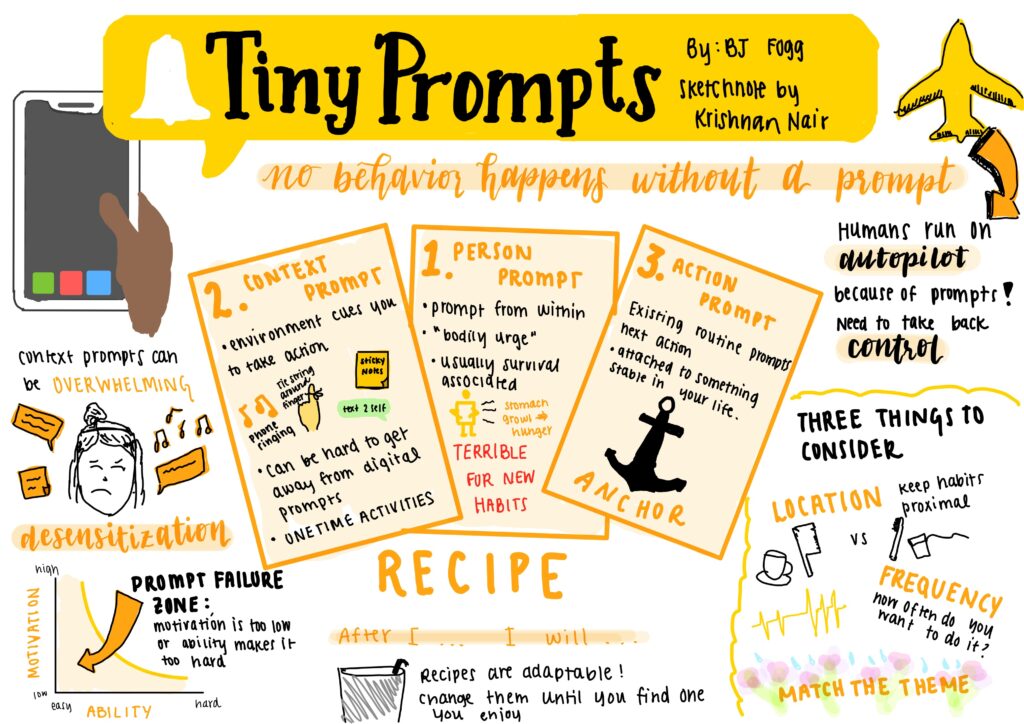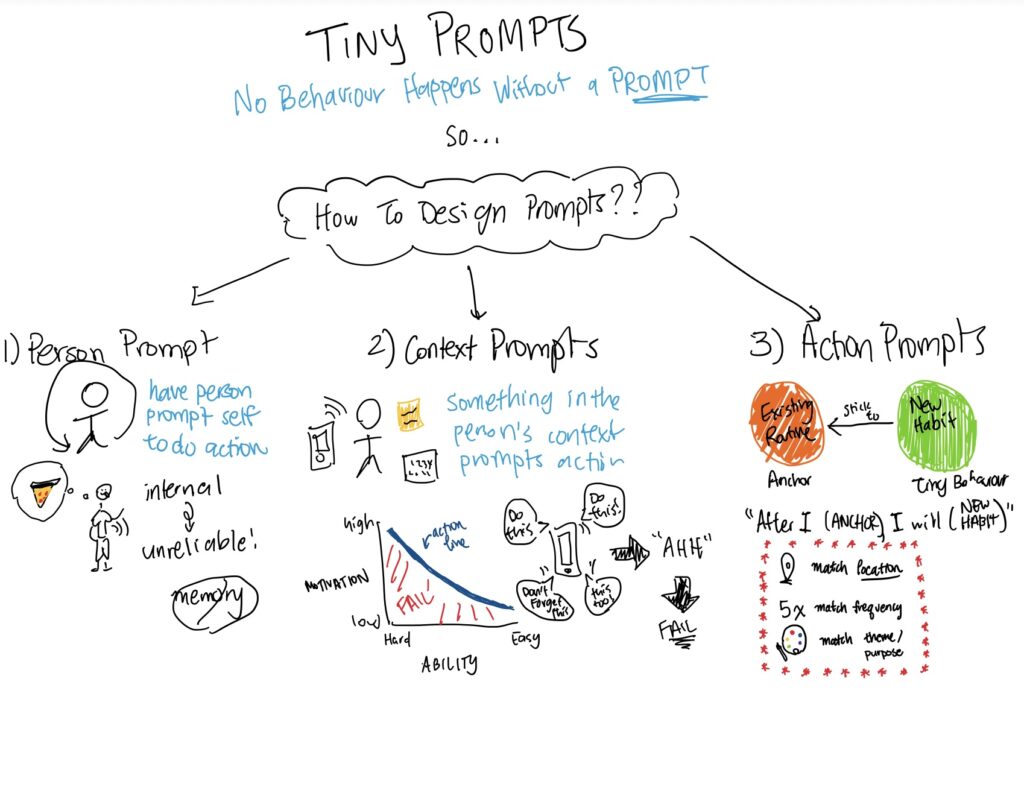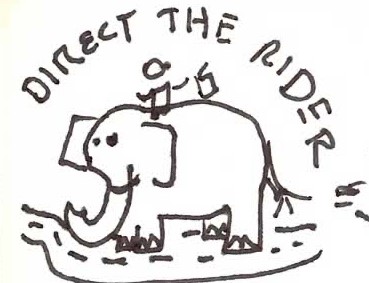I came into this course not really knowing much about a PM’s job besides working between people (including but not limited to engineers and business people). Now I feel like my answer hasn’t grown much more in size but has developed a lot more nuance. The reading was very insightful in analyzing PM in theory vs in practice. A large part of the job is balancing user goals, business needs, and developer timelines, but how that plays out is much murkier. As the reading points out, part of a PM’s job is just figuring out what needs to be done before doing it.
I pride myself on developing many of the soft skills PMs utilize for much of their work: communication, pulling together teams, etc. But the readings also helped me identify weaknesses to work on, as well as traits and values that I don’t necessarily want to compromise when it comes to PM work. One of my biggest weaknesses is that I would rather just take on more work than delegate tasks out. LeMay writes: “But product management often poses a particular challenge to those who come from the “Never mind, I’ll just go do it myself,” school of problem solving…product management is likely to teach you difficult yet important lessons about trust, collaboration, and delegation.” Connecting people takes a lot of trust, and facilitating that connection but not necessarily doing that work itself poses a challenge to me.
LeMay also writes that because PM work goes so unrecognized, it’s easy to fall into insecurity and try to prove their worth in unhealthy and unproductive ways. I’m very sensitive to doing work that goes unacknowledged, largely connecting back to gendered upbringings. I’m still not sure how I feel about that in a PM role personally. A job is a job, but also, I believe very strongly in recognizing people for their labor, especially when it tends to go unacknowledged.
That being said, I’ve been hearing more about the job insecurity of PM work, and how PM work will be one of the ‘first things to go’ with the rise of AI-assisted workflows. How reasonable is this sentiment really? What makes (human) PMs valuable that AI cannot reproduce?

A Higher Common Sense
A place for Writings about Evidence-Based Design


